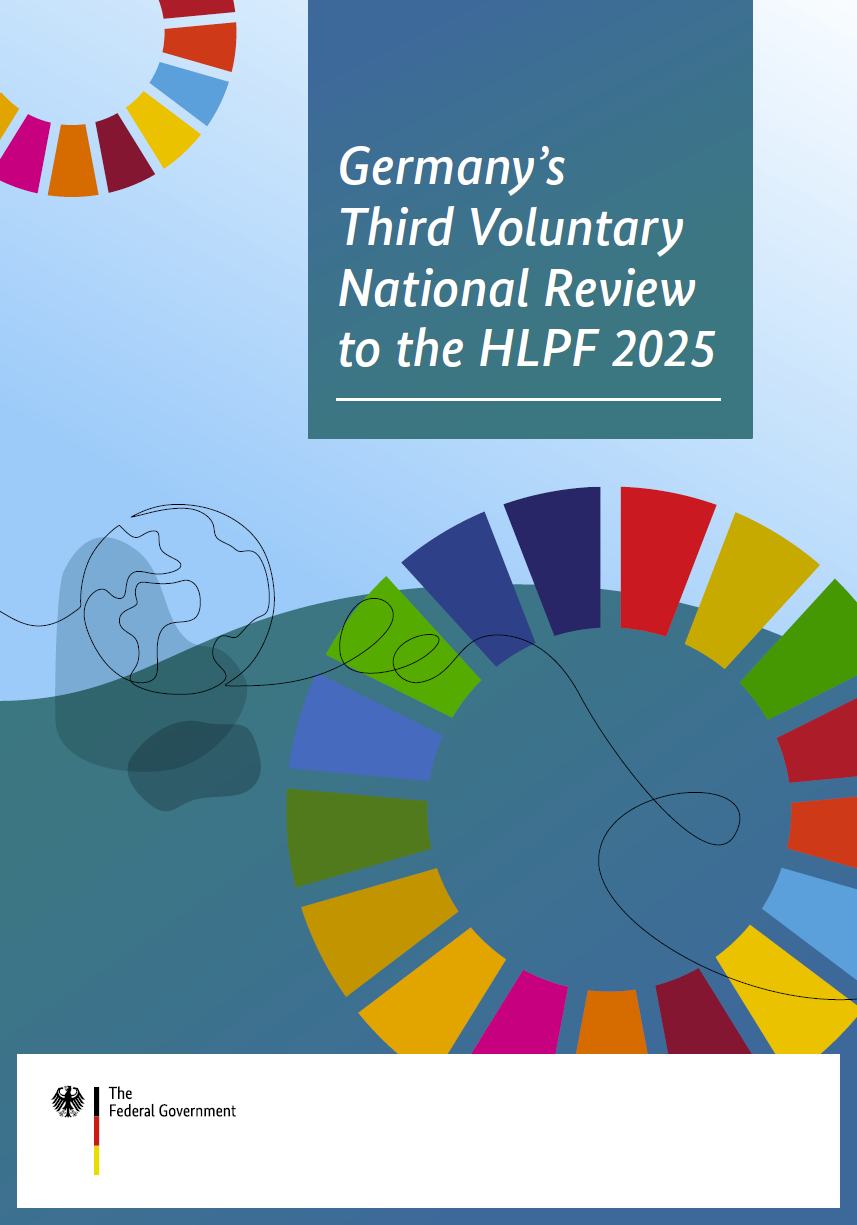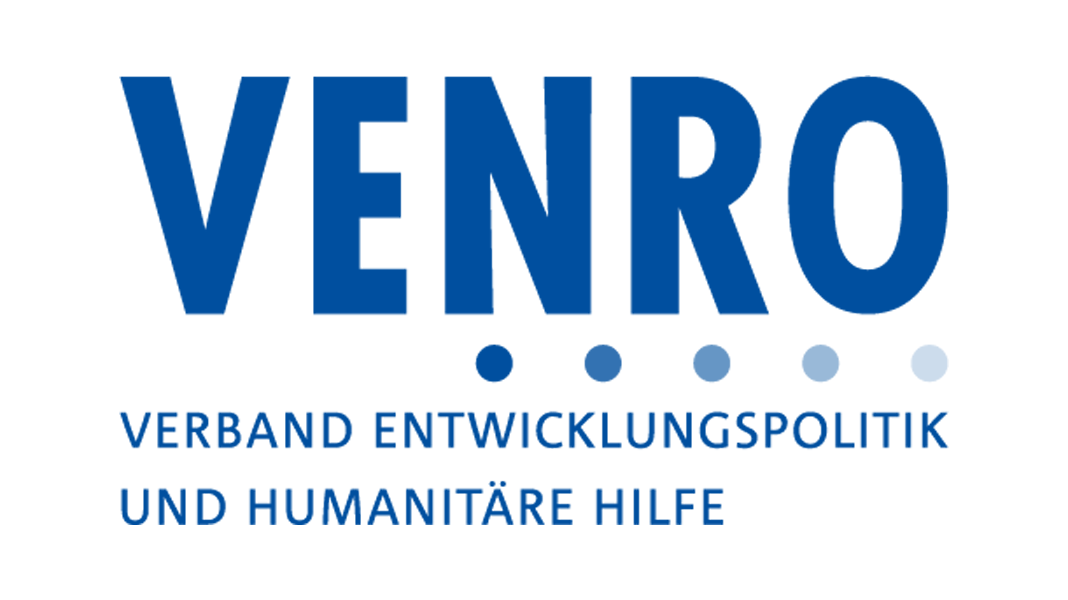VNR 2025 Contribution by VENRO
In view of advancing climate change, growing social inequality and the many violent conflicts, the world is facing fundamental challenges. They require a comprehensive and coordinated transformation at the global, national and local levels. Ten years after the international community reached agreement on the 2030 Agenda and its 17 Sustainable Development Goals (SDGs) and on the Paris Agreement and the Sendai Framework, the goals of these agreements have still not been reached. The transformation processes launched through these agendas are enormous. They relate to economic, social and ecological systems and require humanity to rethink nearly all areas of life and work. So far, the international community has not yet been willing to launch the necessary reforms with the requisite ambition and financial backing and implement them systematically. These reforms require courage and determination, as established systems need to be reconsidered, and adapted in the face of broad opposition. This can only succeed in a joint effort based on solidarity, and it must finally be advanced systematically in the remaining just under six years and beyond. As a prosperous, influential country, Germany can make a big difference by pursuing the right measures.
We recommend that the German government
- take determined action at the German, European and international levels to advance the implementation of the 2030 Agenda and its further development, while strengthening development policy and humanitarian assistance as key policy fields;
- meet the global climate goals and provide comprehensive technological and financial support for the energy transition and for countries and population groups affected by energy poverty, with a view to achieving a just transition;
- work for far-reaching reforms to the international financial architecture in order to ensure more equitable financing. This is intended to provide scope for funding education, health, gender equality and social protection and the equal representation of countries of the Global South;
- advocate worldwide for legally binding regulations and long-term financing for the realisation of human rights and gender equality. This includes enforcing the sexual and reproductive health and rights of women, girls and LGBTQIA+ persons and swiftly ending harmful cultural practices;
- further develop the German Sustainable Development Strategy, turning it into a transformation framework for the accelerated implementation of the SDGs. This framework must create more policy coherence through sustainability-oriented, holistic and feminist policy approaches and interministerial cooperation. Moreover, negative spillovers of German policies and economic activity must be avoided and SDG-related data collection must be established in line with the 2030 Agenda principle of leaving no one behind. This should also include data regarding the cross-border impacts that German policies have on the social dimension of sustainable development and on global goods;
- ensure the comprehensive participation of civil society – especially the organisations of marginalised and vulnerable population groups – in the realisation of the SDGs, both in Germany and in Germany's partner countries. Targeted support must be given to civil society at all political and civil society levels in order to make the transformation more equitable.

